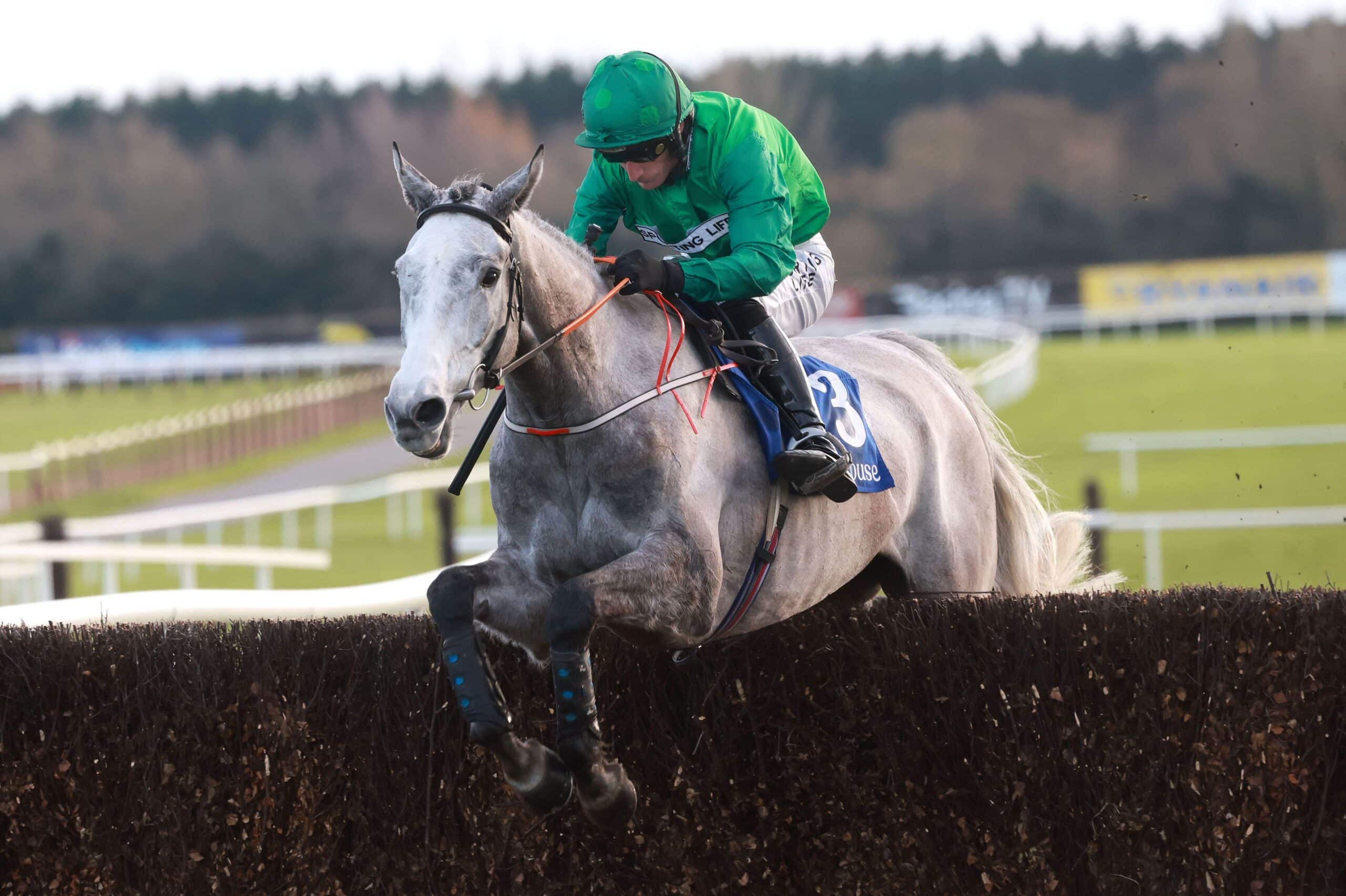Supercomputer Says Intense Raffles Will Win The 2025 Grand National

2WM6DMJ Intense Raffles with Daryl Jacob up jump the last on the way to winning the Book Your Advanced Tickets Rated Novice Chase at Fairyhouse Racecourse in County Meath, Ireland. Picture date: Saturday February 24, 2024.
The time for the most valuable jump race in all of Europe is here as the 2025 Grand National is set to be run on Saturday 5th April. Will I Am Maximus retain his crown, or will Intense Raffles ride all the way to victory? With Inothewayyourthinkin not being part of the field, the race is more open than before.
We at Grand National.org.uk fired up our Supercomputer to see who’s going to win the Grand National this year and it’s Intense Raffles who came out on top, ahead of Iroko, Monbeg Genius and Perceval Legallois.
The Science Behind The Supercomputer
We collected comprehensive data on the past winners and contenders of The Grand National since 1992.
The next step was to determine the importance of the horses’ characteristics, in terms of what is advantageous for the race in question. This was done by consulting domain experts, and the characteristics were further classified as ‘numerical’ and ‘categorical’ features.
These features are:
- Horse age
- Country of origin (for the horse)
- Betting position
- Trainer and trainer country
- Sire and Sire country of origin
- Dam and Dam country of origin
- Did the horse run over 4 miles 2 furlongs?
In consultation with the domain experts, the features were assigned different weightages. In the case of missing values for any of these, we used the median from historical data to represent the values.
Categorical features were encoded using LabelEncoder for modelling purposes. Numerical features were scaled using StandardScaler to ensure comparable scales
Determining The ‘Typical Winner’
Using the algorithm mentioned above, we extracted the characteristics of all winning horses at the Grand National, to determine the characteristics of a ‘typical winning horse’ at the race.
Once they were extracted, we used the median values as a representation of the characteristics of a typical winner.
From our analysis, these are the characteristics of a winning horse at the event:
Age | 9 |
Betting Position | 1 |
Initial Odds | 15.00 |
| Weight | 148.4 |
Country of origin (Trainer) | Great Britain |
| Country of origin (Horse) | Ireland |
Country of origin (Sire) | Ireland |
| Country of origin (Dam) | Ireland |
Assigning Similarity Scores
With comprehensive numerical information on the characteristics of a winning horse ready, the next step was to find which horses from the competing field in 2025 come closest to a typical winner.
We extracted the relevant data for all horses competing in the 2025 Grand National and then assigned similarity scores. The closer the similarity score to 1, the higher the winning probability of the particular horse.
As per our analysis, Intense Raffles is the favourite for the crown with a similarity score of 0.867. The Thomas Gibney trained horse is also the pick for various bookmakers.
The second favourite as per our analysis is another French origin horse, Iroko, who is also trained by an Irish trainer – Oliver Greenall. Iroko has a similarity score of 0.8654 which makes it one of the top contenders for the prize.
Following the two French origin horses is an Irish one, in the form of Monbeg Genius. The horse, trained by Jonjo O’Neill, has a similarity score of 0.859 which puts it slightly behind Iroko.
As for I Am Maximus winning consecutive Grand Nationals, our supercomputer places it as the eighth-favourite.
It is important to note that we capped the maximum winning chance to 95 percent so as to account for a level of uncertainty. Similarly, the minimum threshold was put to five percent.
Methodology
- Data on past winners was collected via Irishracing.com and then analysed to determine the characteristics of a typical winning horse
- Data is from 1992 to 2024
- That data for the characteristics of a typical winning horse was then compared to the characteristics of the provisional field competing in 2025
- We assigned similarity scores to the field competing in 2025 – the higher the similarity score, the higher the chance of winning
- In case of missing data, median values from historical data were used for representation




